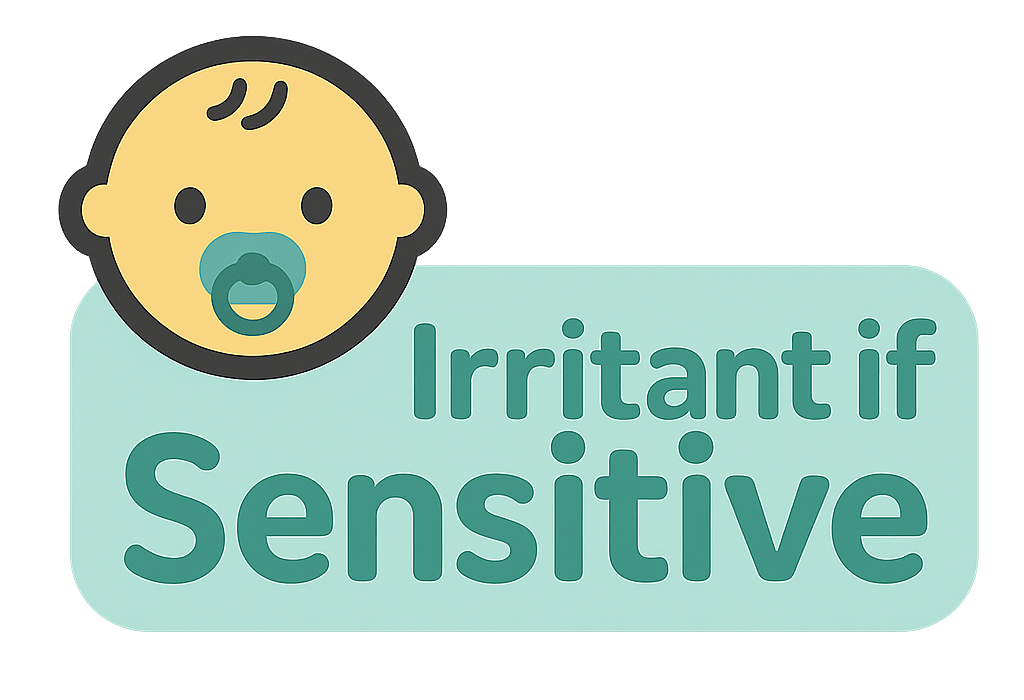Protease

6-12 month old babies • Skin contact product
Check for Different Age (6 available)
Can older babies use Protease?
ℹ️General Overview
For infants and babies (6–12 months), protease can cause allergic reactions and may irritate sensitive skin. While it is not generally shown to cause cancer or developmental harm, the allergy risk is the main concern for little ones.
✅What to Do
Try to avoid products that list Protease on the label for your baby. If a product containing this enzyme is recommended by a clinician or used for a short, specific treatment, do a small patch test on a tiny area of the baby's forearm and wait 24–48 hours. Use only on intact skin, keep it away from the face and diaper area, and watch closely for any redness, rash, swelling, or breathing changes. If you see those signs, stop use and contact your pediatrician.
⚠️Warnings
Watch for itching, redness, hives, swelling, or trouble breathing — these are signs of an allergic reaction reported in peer‑reviewed studies. Also note that some product verification programs restrict use of this ingredient unless the maker shows safety data, and the FDA only allows limited uses in food, which does not mean it is automatically safe on a baby's skin.
Are you holding the product?
Scan the full ingredient label and understand if it's safe for your child.
Safety Risk Labels
This ingredient has the following documented risks:



Tap or hover over labels to see detailed risk information.
Alternative Names for Protease
This ingredient may also be listed as:
Always check ingredient labels carefully, as ingredients may be listed under different names.
Common Questions About Protease
Can older babies safely use Protease?
Protease is not recommended for 6-12 month old babies due to potential safety risks.
What are the immune system risks of Protease for older babies?
Could weaken or confuse immune system. This is especially important for babies whose skin and systems are still developing.
What are the irritant risks of Protease for older babies?
Can cause skin redness, itchiness, or rashes—especially on sensitive baby skin. This is especially important for babies whose skin and systems are still developing.
What are the eczema risks of Protease for older babies?
Linked to triggering or worsening eczema and similar skin conditions. This is especially important for babies whose skin and systems are still developing.
What products contain Protease?
Protease is commonly found in skincare products, cosmetics, and topical applications. Always check ingredient labels before use.
Is this appropriate for older babies to using products with Protease?
The appropriate age depends on the specific ingredient properties and concentration. This analysis is for 6-12 month old babies. Use the age selector above to check other ages.
Want to scan another product?
Use our camera scanner to analyze more ingredient labels
Scan Another Product